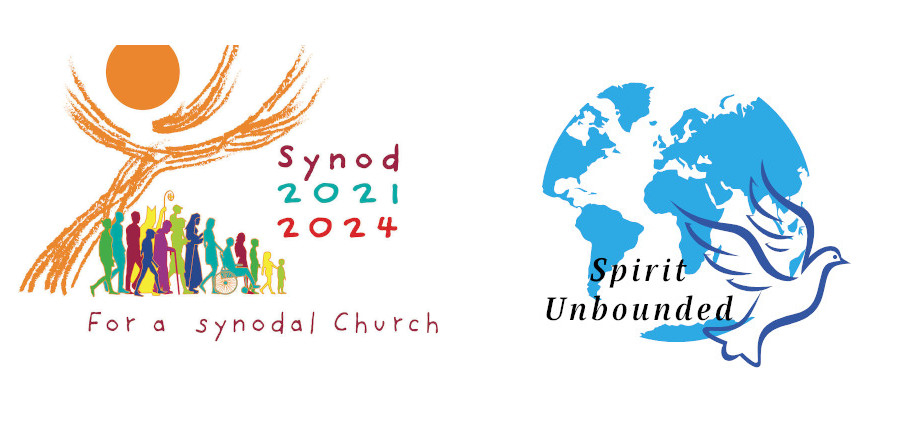Leaven for Positive Change: Synod Report for October 12, 2023
The importance of Small Christian Communities (SCCs), also known as Basic Ecclesial Communities (BECs) or Basic Christian Communities (BCCs), to the life of the church has been a recurring theme of the synodal discussion this week.
SCCs are groups of generally no more than 15 people who gather regularly to study Scripture, pray, discern, and dialogue together in more intimate settings than normally afforded at the parish level. SCCs take as their model early forms of church life in which members assembled locally to read or listen to Scripture and articulate how it applied to both their personal situations and to the developing vision of Christian mission.
In a testimony to the General Congregation of the Synod on Monday, Fr. P. Clarence Davedassan of Malaysia spoke of Basic Ecclesial Communities as a means of bringing about “not only spiritual transformation but also social transformation.”
“The BECs become a leaven of Christian life, care for the poor, and commit to transforming society through a lived gospel experience,” Fr. Davedassan said. “They are our visible signs of a church that is relevant and, at the same time, relational.”
At a press briefing this morning, Archbishop Andrew Nkea Fuanya of Bamenda, Cameroon, emphasized the relationship between Basic Christian Communities and what he sees as the “synodality” inherent in African culture.
“In the local churches which we have, we believe strongly in the Basic Christian Communities. Because in those Basic Christian Communities, everybody is able to express themselves,” he said.
The archbishop explained how BCCs in Africa are organized into “mission stations,” which serve as an intermediary between the BCC and the parish community. This particular structure helps to foster a spirit of synodality, he said, especially since “Basic Christian Communities are made up of families, so everybody knows everybody at that level.”
“When we do things as a family, we consult everybody within the family,” he said.
Small Christian Communities have also been featured throughout the “Human Rights in the Emerging Catholic Church” event presented by Spirit Unbounded this week. In a presentation screened on Tuesday, Spirit Unbounded team member Maggie Conway interviewed Alloys Nyakundi and members of the Young Seekers, a Small Christian Community based in Kenya.
The Young Seekers was formed in collaboration with Catholic Church Reform International (CCRI) to give young people a space to share their faith with one another. The group meets twice a month via Zoom and includes participants from all over the world.
Nyakundi, who is a facilitator of the group, said that the diversity of participants’ backgrounds creates “a rich experience whereby young people can learn from one another.” Participants “learn to accept other people” and “try to appreciate their culture,” he said.
“We are young, and we share similar challenges,” added Collins Ongoma, a participant from Kenya. “You can easily understand each other. You can easily communicate without being judgmental.”
Another “Human Rights in the Emerging Catholic Church” presentation by Virginia Saldanha of the Indian Women Theologians’ Forum of Mumbai, India, centered on the image of the church “as a community of communities.”
In her prerecorded talk screened Wednesday, Saldanha described a kind of SCC she termed a “neighborhood community.” She said that these communities “direct people to live a communitarian spirituality in keeping with the movement created by Jesus and followed by the early Christian community.”
“The community becomes leaven for positive change,” she continued. “In an interreligious and consumerist society, it becomes an instrument of evangelization.”
She concluded with a call to action: “If the church does not change from the top, I think we people should begin to change it from below by forming spontaneous lay-led communities.”
Her words echoed the title of another Spirit Unbounded presentation by Venezuelan theologian Rafael Luciani, who is also attending the Synod as an Expert Facilitator: “It Is from the Base We Can Renew the Church.” ♦
Michael Centore
Editor, Today’s American Catholic




Leave a Reply
Want to join the discussion?Feel free to contribute!